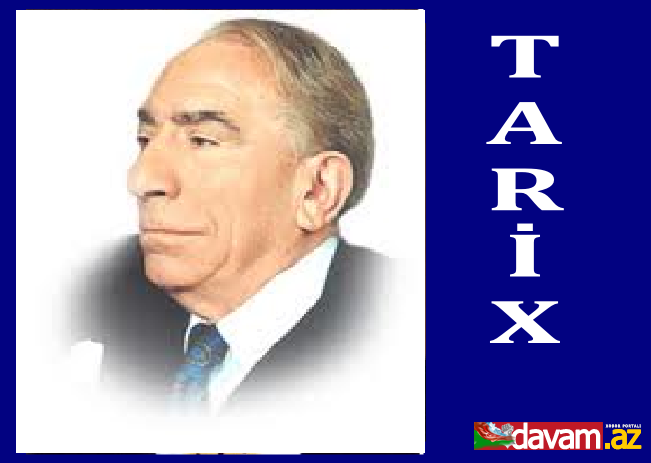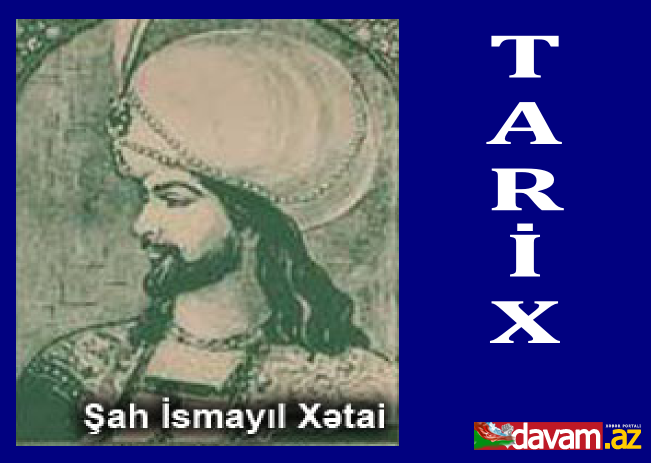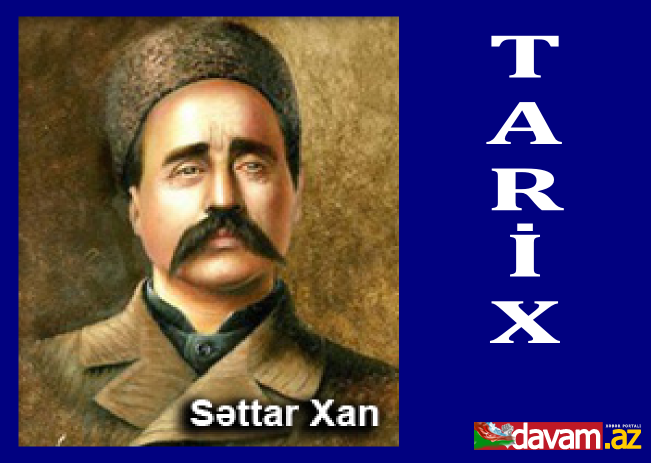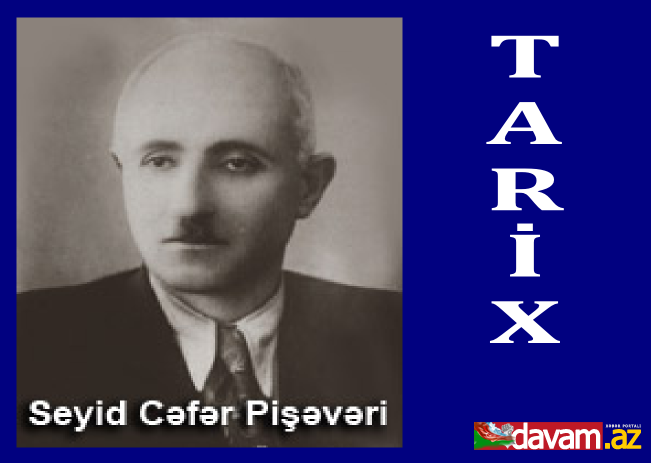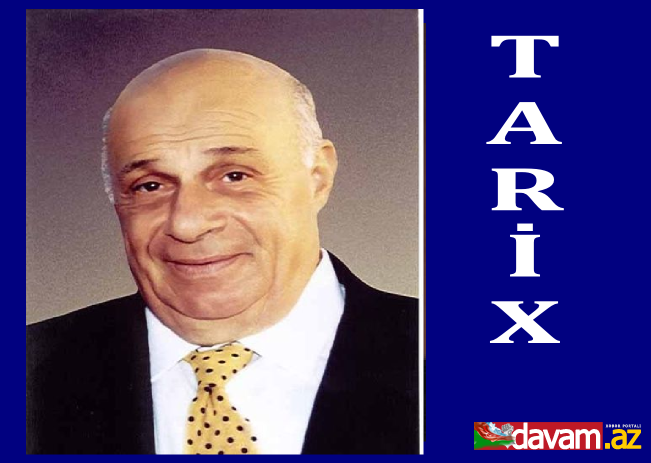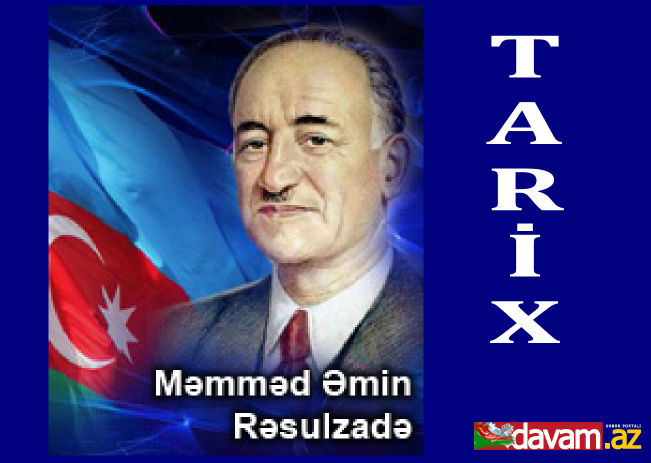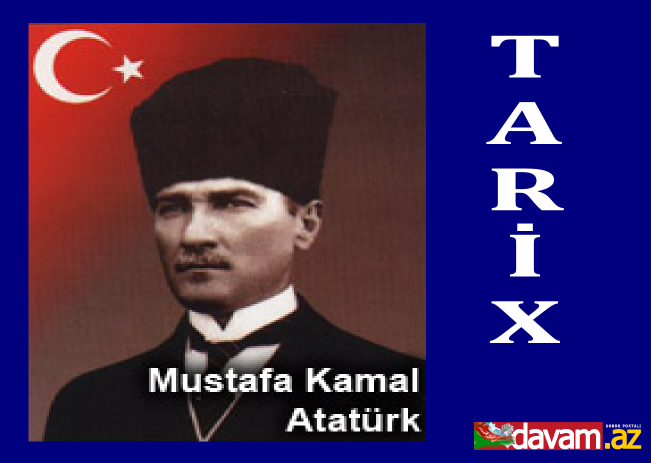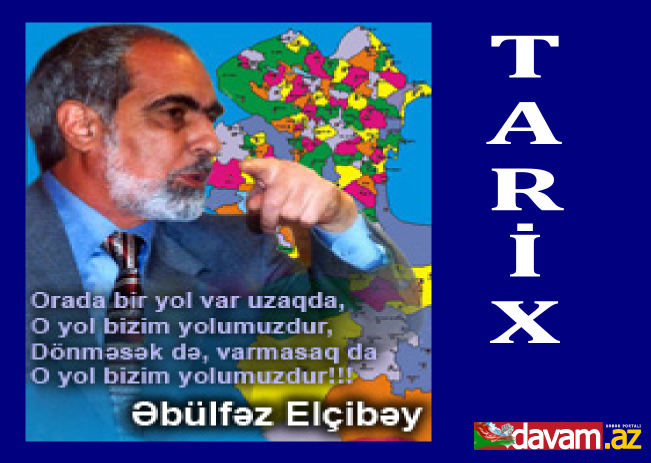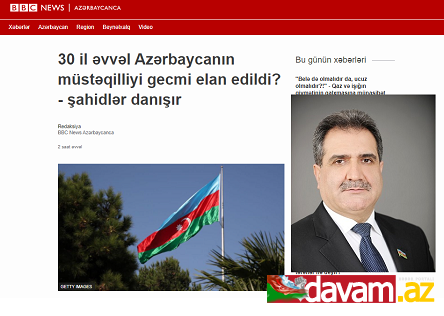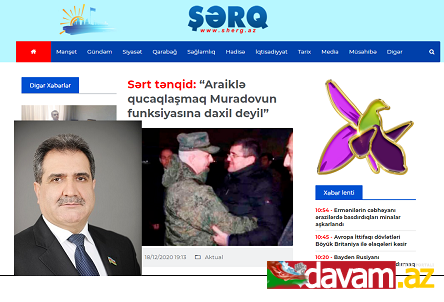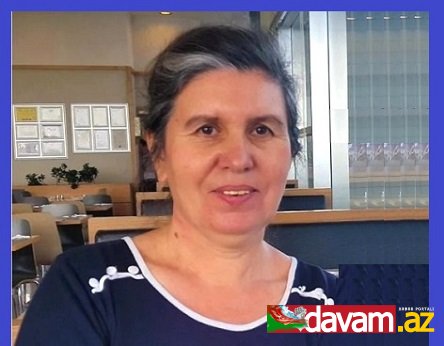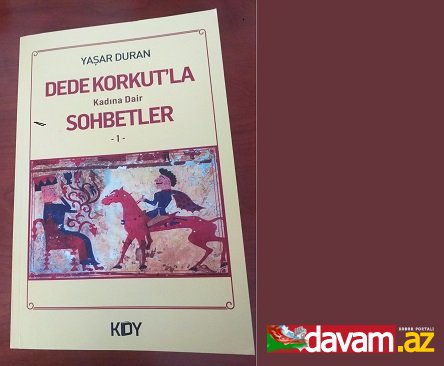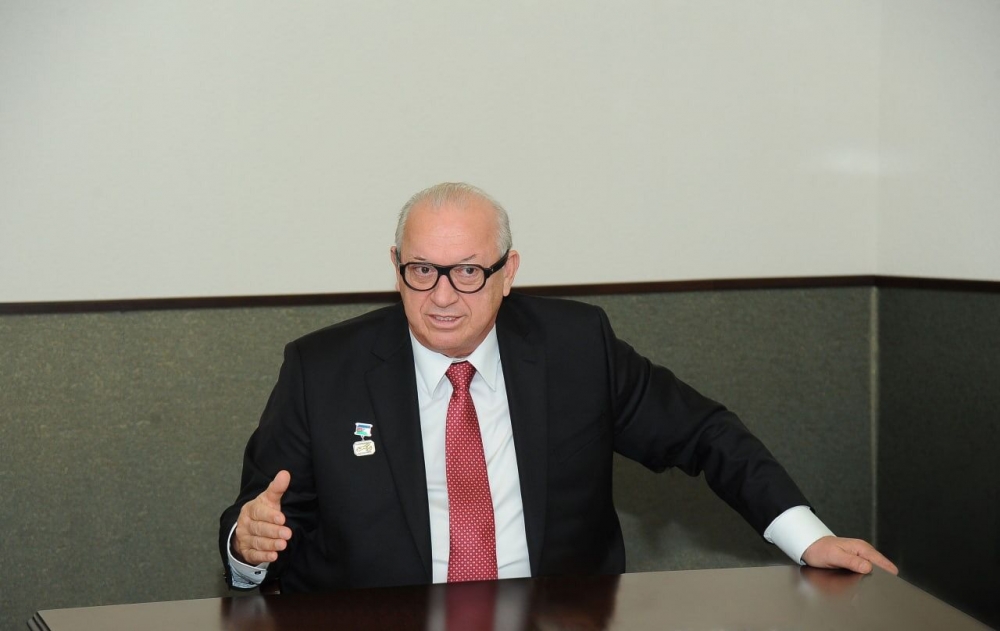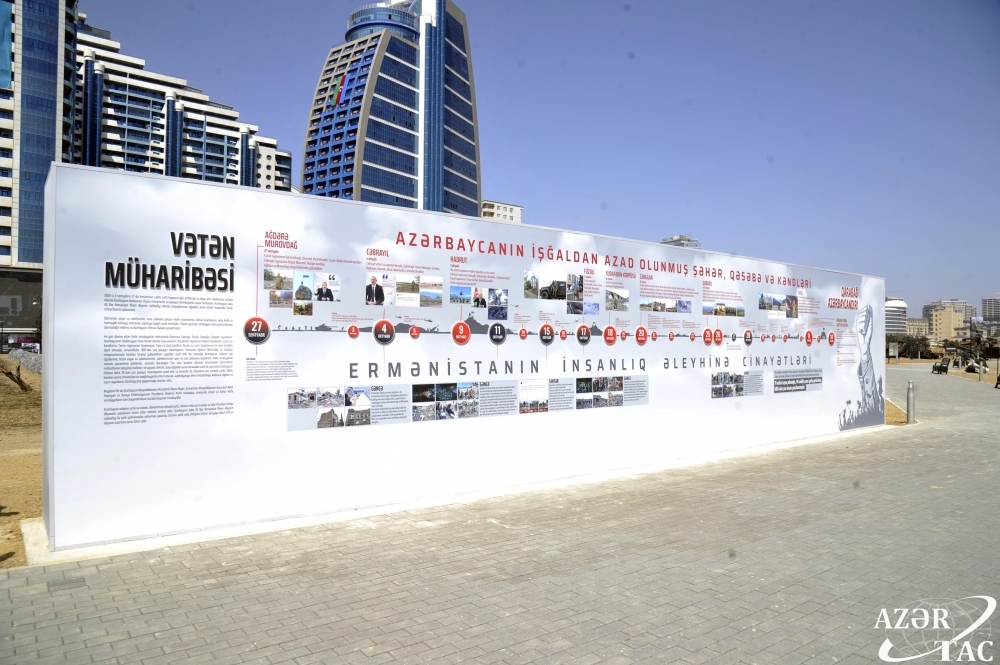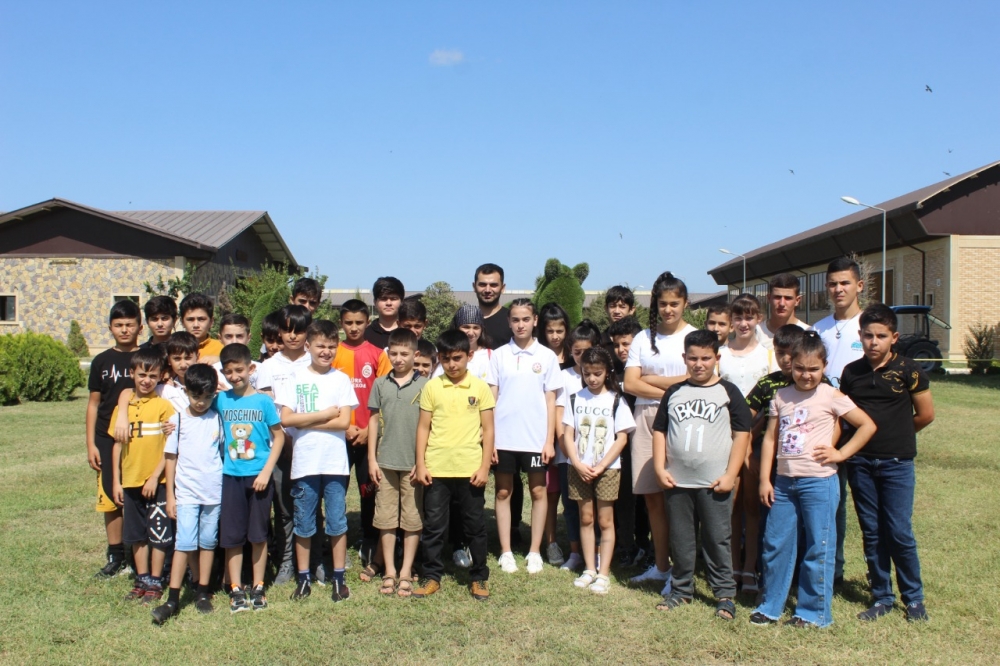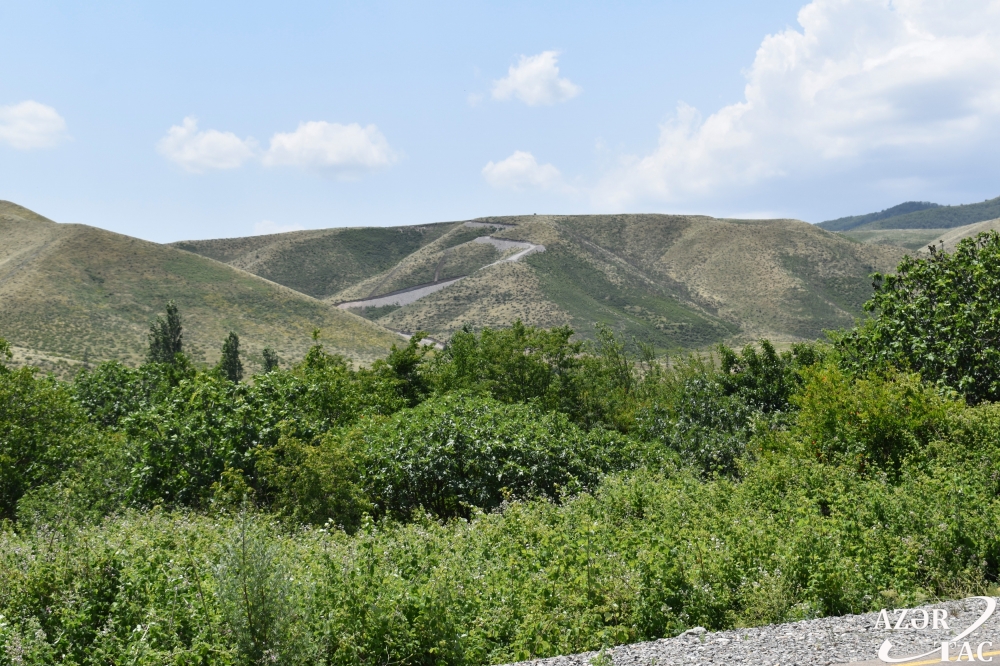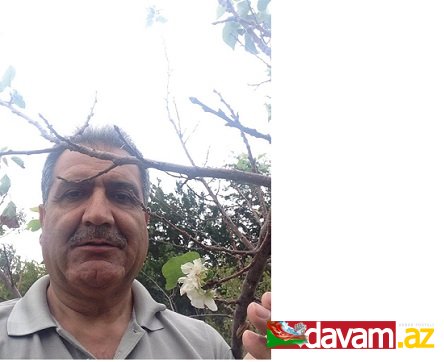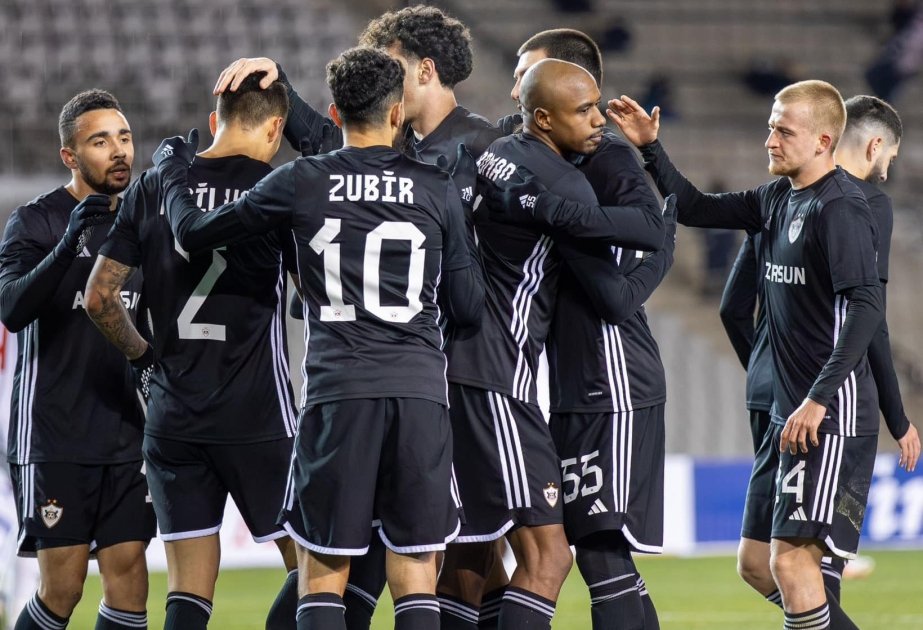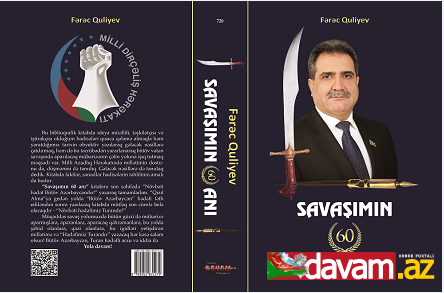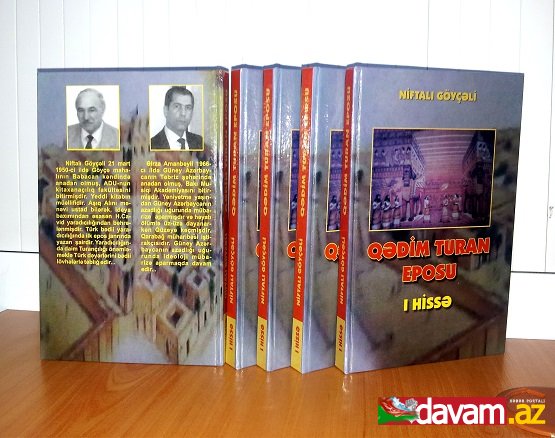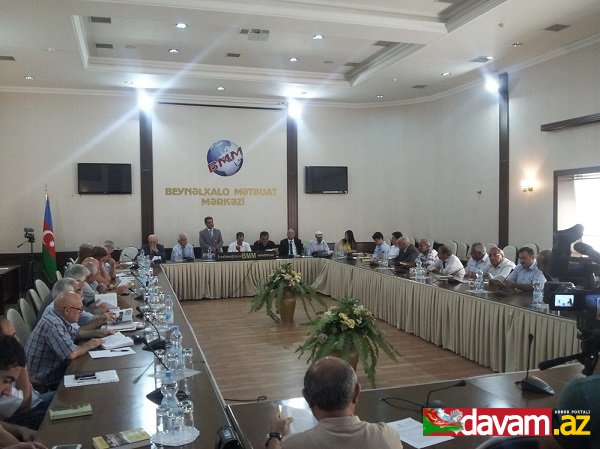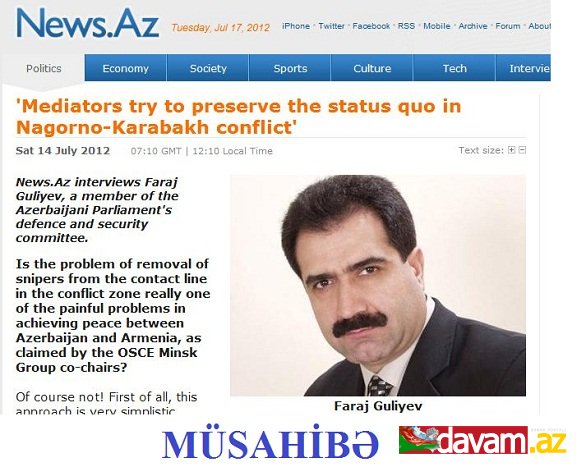
17.07.2012 [12:55] - Özəl xəbər, Fərəc Quliyev
News.Az interviews Faraj Guliyev, a member of the Azerbaijani Parliament's defence and security committee.
Is the problem of removal of snipers from the contact line in the conflict zone really one of the painful problems in achieving peace between Azerbaijan and Armenia, as claimed by the OSCE Minsk Group co-chairs?
Of course not! First of all, this approach is very simplistic because, in the modern world such problems cannot be solved simply by withdrawal of snipers from the frontline. It is known that modern wars are conducted using missiles, artillery, aircraft, etc. That is, armies of the two countries are standing face to face and the removal of snipers will not mean the removal of other types of weapons. Azerbaijani lands are occupied, and therefore, it is impossible that Azerbaijan's armed forces step back to another distance safe from sniper bullets. In other words, the removal of weapons from the frontline means the removal of the army itself.
Therefore, the OSCE Minsk Group co-chairs should achieve compliance with the rules of international law in resolving the Karabakh conflict. Four resolutions adopted by UN Security Council must be implemented in the settlement of the Armenian-Azerbaijani conflict. In addition, co-chair countries of OSCE Minsk Group should require the parties to the conflict to withdraw their troops to the borders recognized by the UN and the international community. Peace in Nagorno-Karabakh problem can only be achieved in this way and peacekeeping force between conflicting parties can be involved to secure this peace.
Co-chairs of OSCE Minsk Group noted that they have prepared a draft document concerning the mechanisms for investigating incidents on the frontline in the conflict zone. Is activation of such a mechanism possible?
The international community after the war between Georgia and Russia expressed its unequivocal position on this conflict. After that, the fact-finding mission established the degree of guilt of this or that party in starting the conflict. Thus, the position has been developed for the Russian-Georgian conflict. Unfortunately, this position has not been worked out for the Armenian-Azerbaijani conflict. As for mechanisms prepared by the OSCE Minsk Group co-chairs to investigate incidents at the contact line between Armenian and Azerbaijani troops, they can be applied only after the complete withdrawal of Armenian troops from occupied territories of Azerbaijan. After that, the application of these mechanisms will be considered important to build trust between Azerbaijan and Armenia.
Therefore, if the international mediators prepare mechanisms to investigate incidents on the frontline in Karabakh conflict zone, it is unacceptable, because the essence of this mechanism is not clear to Azerbaijani society. In other words, the OSCE Minsk Group co-chairs with such complicated calls regarding the need for mechanisms to investigate incidents at the contact line between Armenian and Azerbaijani troops, the inclusion of Karabakh in the negotiation process, are trying, saying with chess terminology, to force Azerbaijan to play black figures.
Proposals for the use of mechanisms to investigate incidents at the contact line between Armenian and Azerbaijani forces serve to maintain the status quo in Nagorno-Karabakh conflict. Thus, these processes pursue goals to direct processes against Azerbaijan. With this in mind, I think there is a need to convene an international conference on Nagorno-Karabakh conflict at the initiative of the European Union, which would allow searching for new formats, and discussing direct intervention of EU in the process of settling the Armenian-Azerbaijani conflict.
How can the removal of snipers affect the status quo in Karabakh conflict zone?
As you know, Azerbaijan has been recently developing in all directions, both in the economic and military spheres. In addition, Azerbaijan has openly declared that, to ensure its territorial integrity it can resort to a military solution to the problem. After that, the OSCE Minsk Group co-chairs are trying to keep the existing status quo in the Karabakh conflict and appease Azerbaijan. However, I think that Azerbaijan has taken the right position, stating that the existing status quo cannot continue for long. Azerbaijan wants to achieve peace and that peace must be achieved through negotiations or through war. In this context, various international organizations have repeatedly noted the unfairness of the status quo in the Karabakh conflict. Thus, if the status quo is unjust, attempts should be made to change it.
Do violations of the ceasefire at the contact line of Armenian-Azerbaijani troops occur by chance, or they are controlled by higher commanders?
Of course, this is a controlled process. It is known that active cases of ceasefire violations on the contact line of Armenian-Azerbaijani troops took place during the recent visit of U.S. Secretary of State Hillary Clinton to the region. In addition, as you know, Armenia, its leadership and its army are controlled by third forces. Accordingly, the actions of the Armenian army do not depend on the will of the political leadership of this country. Evidence to this is the recent military parade in Yerevan, where Russian soldiers marched with their existing Russian weapons and equipment.
N.H.
News.Az
Is the problem of removal of snipers from the contact line in the conflict zone really one of the painful problems in achieving peace between Azerbaijan and Armenia, as claimed by the OSCE Minsk Group co-chairs?
Of course not! First of all, this approach is very simplistic because, in the modern world such problems cannot be solved simply by withdrawal of snipers from the frontline. It is known that modern wars are conducted using missiles, artillery, aircraft, etc. That is, armies of the two countries are standing face to face and the removal of snipers will not mean the removal of other types of weapons. Azerbaijani lands are occupied, and therefore, it is impossible that Azerbaijan's armed forces step back to another distance safe from sniper bullets. In other words, the removal of weapons from the frontline means the removal of the army itself.
Therefore, the OSCE Minsk Group co-chairs should achieve compliance with the rules of international law in resolving the Karabakh conflict. Four resolutions adopted by UN Security Council must be implemented in the settlement of the Armenian-Azerbaijani conflict. In addition, co-chair countries of OSCE Minsk Group should require the parties to the conflict to withdraw their troops to the borders recognized by the UN and the international community. Peace in Nagorno-Karabakh problem can only be achieved in this way and peacekeeping force between conflicting parties can be involved to secure this peace.
Co-chairs of OSCE Minsk Group noted that they have prepared a draft document concerning the mechanisms for investigating incidents on the frontline in the conflict zone. Is activation of such a mechanism possible?
The international community after the war between Georgia and Russia expressed its unequivocal position on this conflict. After that, the fact-finding mission established the degree of guilt of this or that party in starting the conflict. Thus, the position has been developed for the Russian-Georgian conflict. Unfortunately, this position has not been worked out for the Armenian-Azerbaijani conflict. As for mechanisms prepared by the OSCE Minsk Group co-chairs to investigate incidents at the contact line between Armenian and Azerbaijani troops, they can be applied only after the complete withdrawal of Armenian troops from occupied territories of Azerbaijan. After that, the application of these mechanisms will be considered important to build trust between Azerbaijan and Armenia.
Therefore, if the international mediators prepare mechanisms to investigate incidents on the frontline in Karabakh conflict zone, it is unacceptable, because the essence of this mechanism is not clear to Azerbaijani society. In other words, the OSCE Minsk Group co-chairs with such complicated calls regarding the need for mechanisms to investigate incidents at the contact line between Armenian and Azerbaijani troops, the inclusion of Karabakh in the negotiation process, are trying, saying with chess terminology, to force Azerbaijan to play black figures.
Proposals for the use of mechanisms to investigate incidents at the contact line between Armenian and Azerbaijani forces serve to maintain the status quo in Nagorno-Karabakh conflict. Thus, these processes pursue goals to direct processes against Azerbaijan. With this in mind, I think there is a need to convene an international conference on Nagorno-Karabakh conflict at the initiative of the European Union, which would allow searching for new formats, and discussing direct intervention of EU in the process of settling the Armenian-Azerbaijani conflict.
How can the removal of snipers affect the status quo in Karabakh conflict zone?
As you know, Azerbaijan has been recently developing in all directions, both in the economic and military spheres. In addition, Azerbaijan has openly declared that, to ensure its territorial integrity it can resort to a military solution to the problem. After that, the OSCE Minsk Group co-chairs are trying to keep the existing status quo in the Karabakh conflict and appease Azerbaijan. However, I think that Azerbaijan has taken the right position, stating that the existing status quo cannot continue for long. Azerbaijan wants to achieve peace and that peace must be achieved through negotiations or through war. In this context, various international organizations have repeatedly noted the unfairness of the status quo in the Karabakh conflict. Thus, if the status quo is unjust, attempts should be made to change it.
Do violations of the ceasefire at the contact line of Armenian-Azerbaijani troops occur by chance, or they are controlled by higher commanders?
Of course, this is a controlled process. It is known that active cases of ceasefire violations on the contact line of Armenian-Azerbaijani troops took place during the recent visit of U.S. Secretary of State Hillary Clinton to the region. In addition, as you know, Armenia, its leadership and its army are controlled by third forces. Accordingly, the actions of the Armenian army do not depend on the will of the political leadership of this country. Evidence to this is the recent military parade in Yerevan, where Russian soldiers marched with their existing Russian weapons and equipment.
N.H.
News.Az
Bu xəbər oxucular tərəfindən 2062 dəfə izlənilmişdir!

|  |
Yahoo |  |
 |
|||
 |
Del.icio.us |  |
Digg |  |
StumbleUpon |  |
FriendFeed |



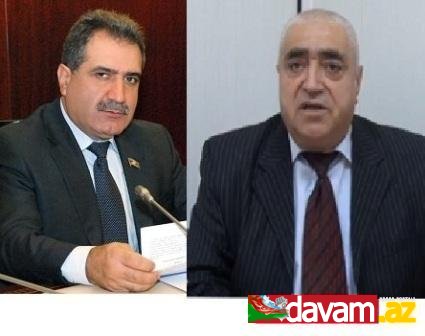 Fərəc Quliyev Şakir Ağayevi YUBİLEYİ münasibəti ilə təbrik edir
Fərəc Quliyev Şakir Ağayevi YUBİLEYİ münasibəti ilə təbrik edir Bu günün valyuta məzənnələri
Bu günün valyuta məzənnələri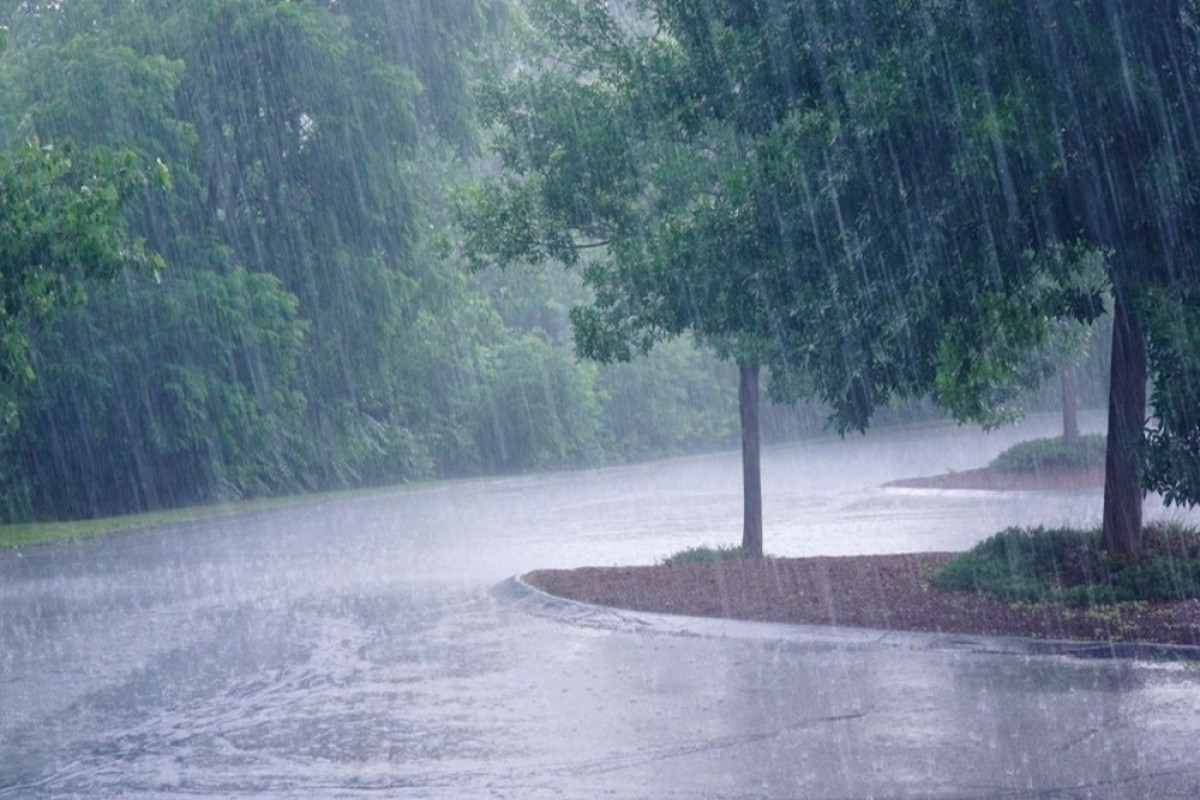 Şimşək çaxır, leysan xarakterli yağış yağır
Şimşək çaxır, leysan xarakterli yağış yağır Azərbaycan neftinin qiyməti 75 dolları ötüb
Azərbaycan neftinin qiyməti 75 dolları ötüb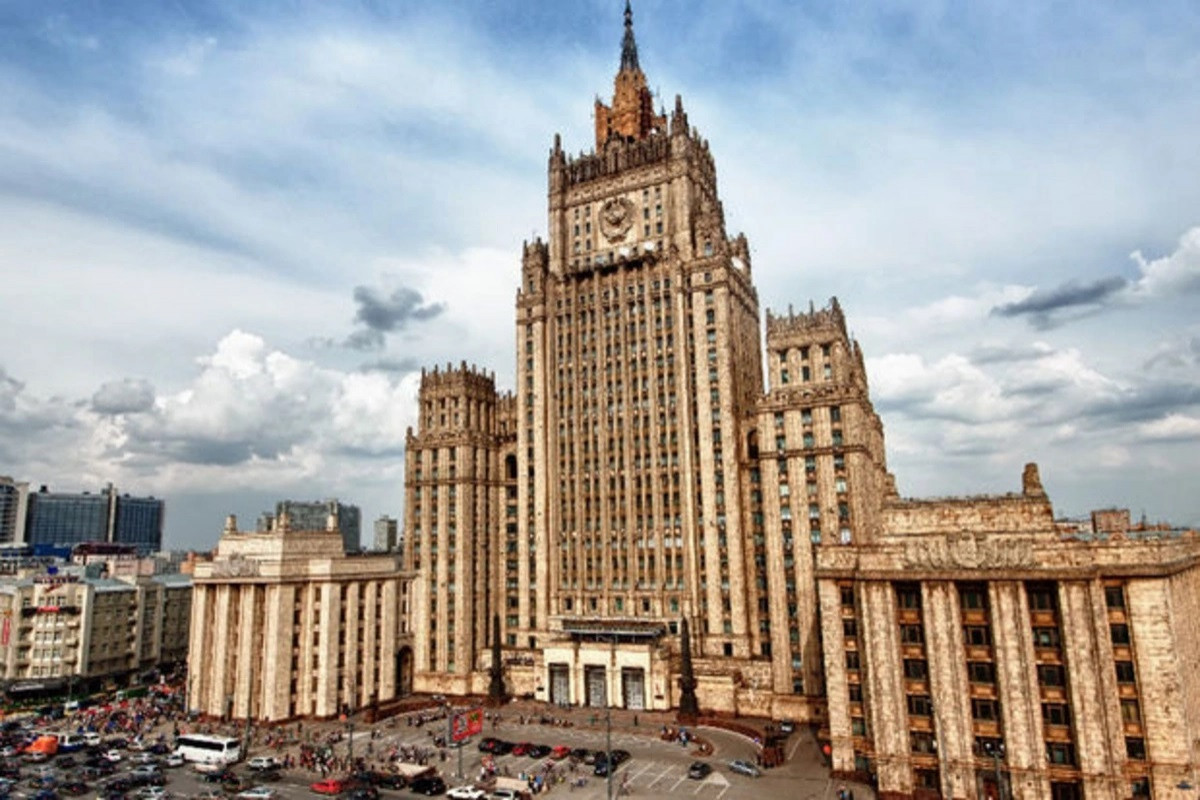 Rəsmi Moskva Paşinyanın Zəngəzur dəhlizinə monitorinqin FTX-ya verilə biləcəyi ilə bağlı bəyanatına münasibət bildirib
Rəsmi Moskva Paşinyanın Zəngəzur dəhlizinə monitorinqin FTX-ya verilə biləcəyi ilə bağlı bəyanatına münasibət bildirib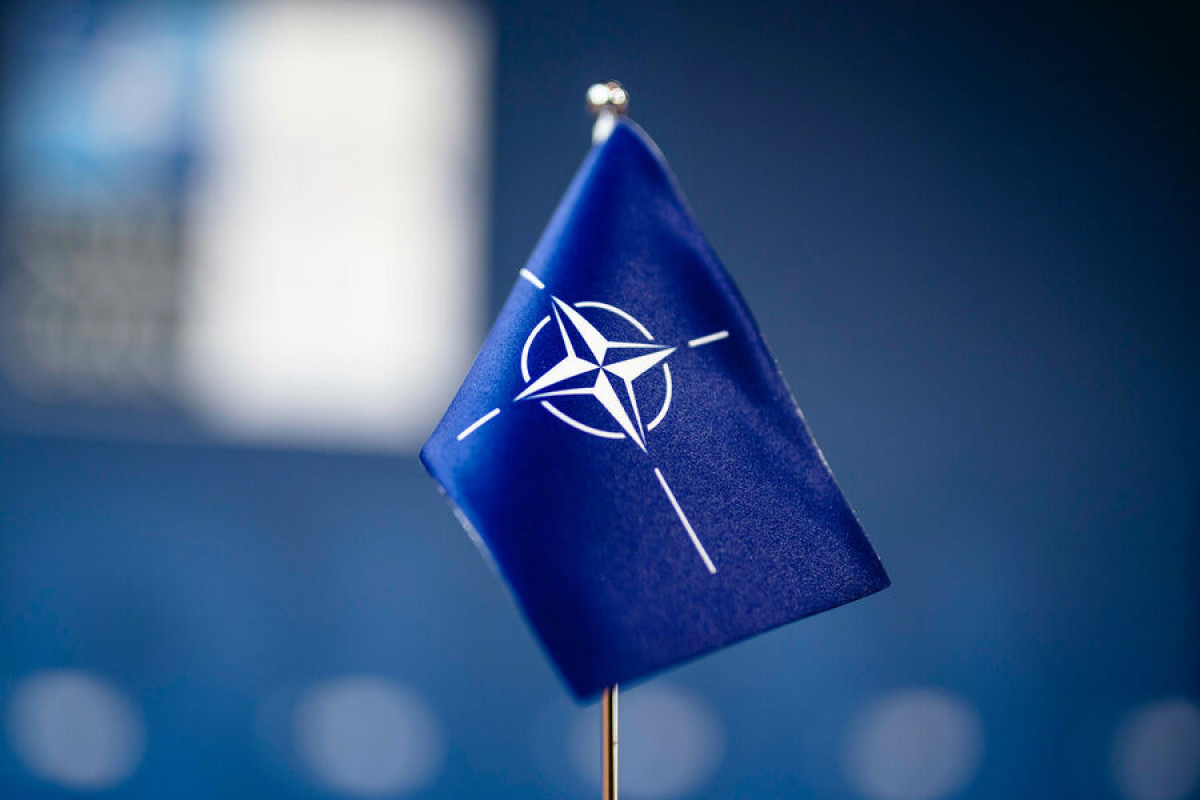 Zaxarova NATO-nun Cənubi Qafqazdakı fəallığından danışıb
Zaxarova NATO-nun Cənubi Qafqazdakı fəallığından danışıb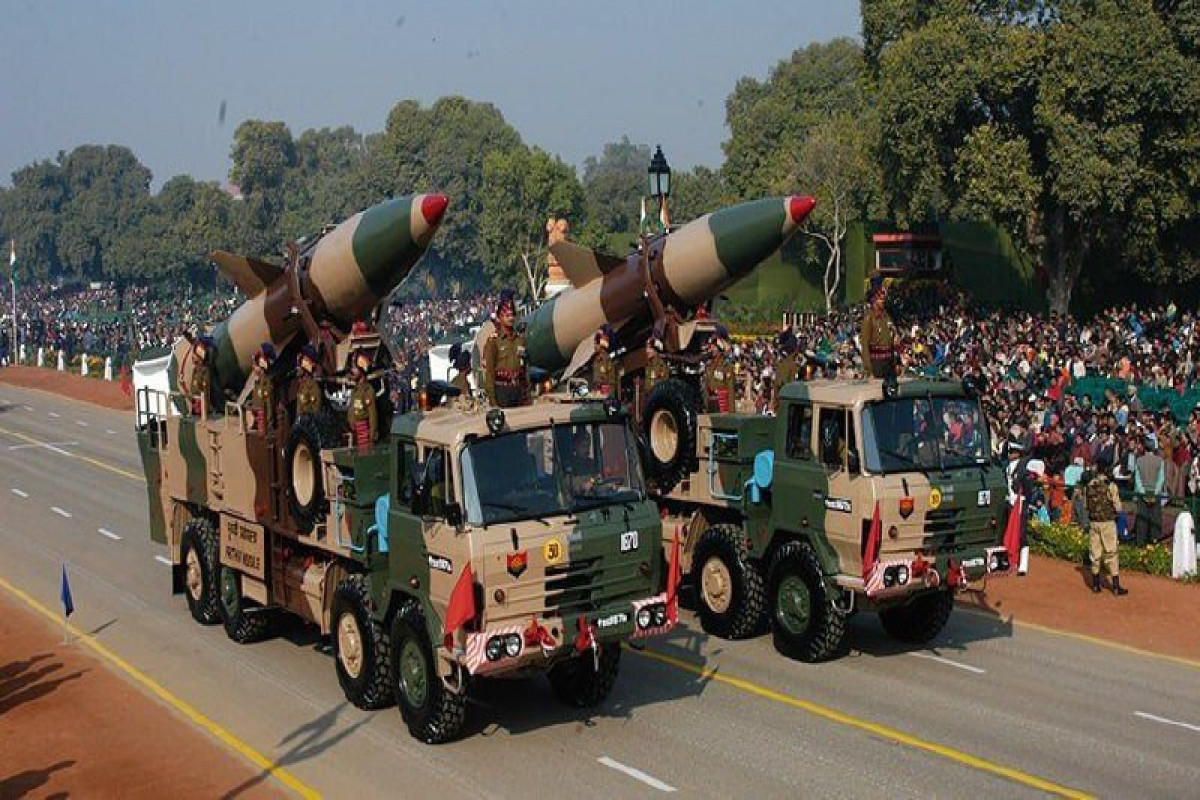 Hindistan Ermənistana “Pralay” raketləri satacaq
Hindistan Ermənistana “Pralay” raketləri satacaq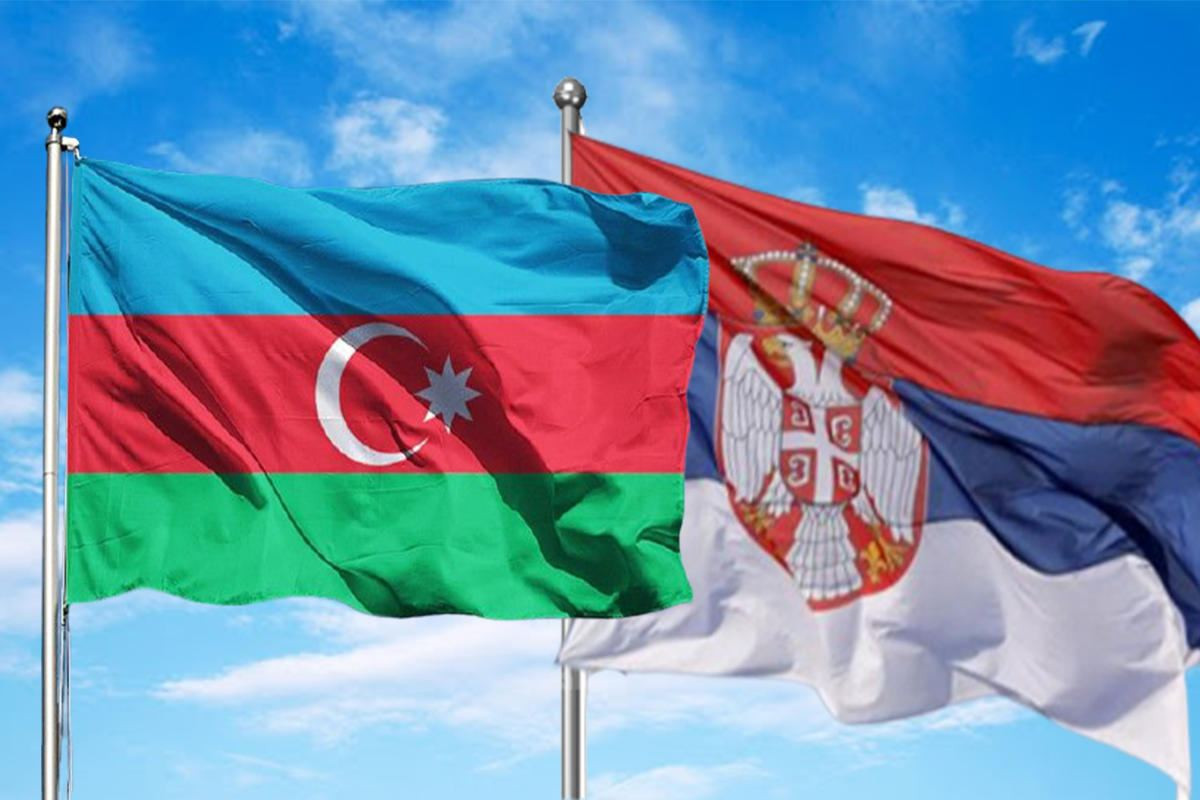 Belqradda Azərbaycan və Serbiya arasında siyasi məsləhətləşmələrin növbəti raundu keçirilib
Belqradda Azərbaycan və Serbiya arasında siyasi məsləhətləşmələrin növbəti raundu keçirilib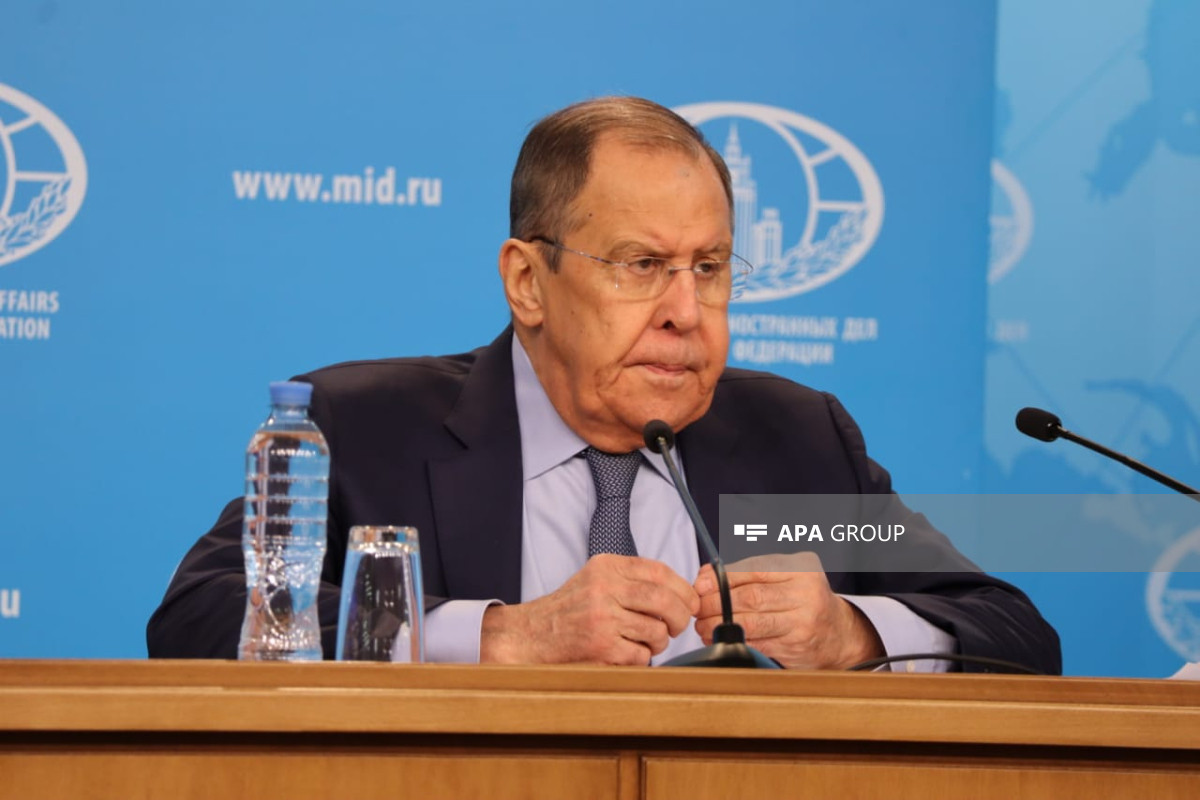 Lavrov "3+3" platformasında iştirak üçün İstanbula gedəcək
Lavrov "3+3" platformasında iştirak üçün İstanbula gedəcək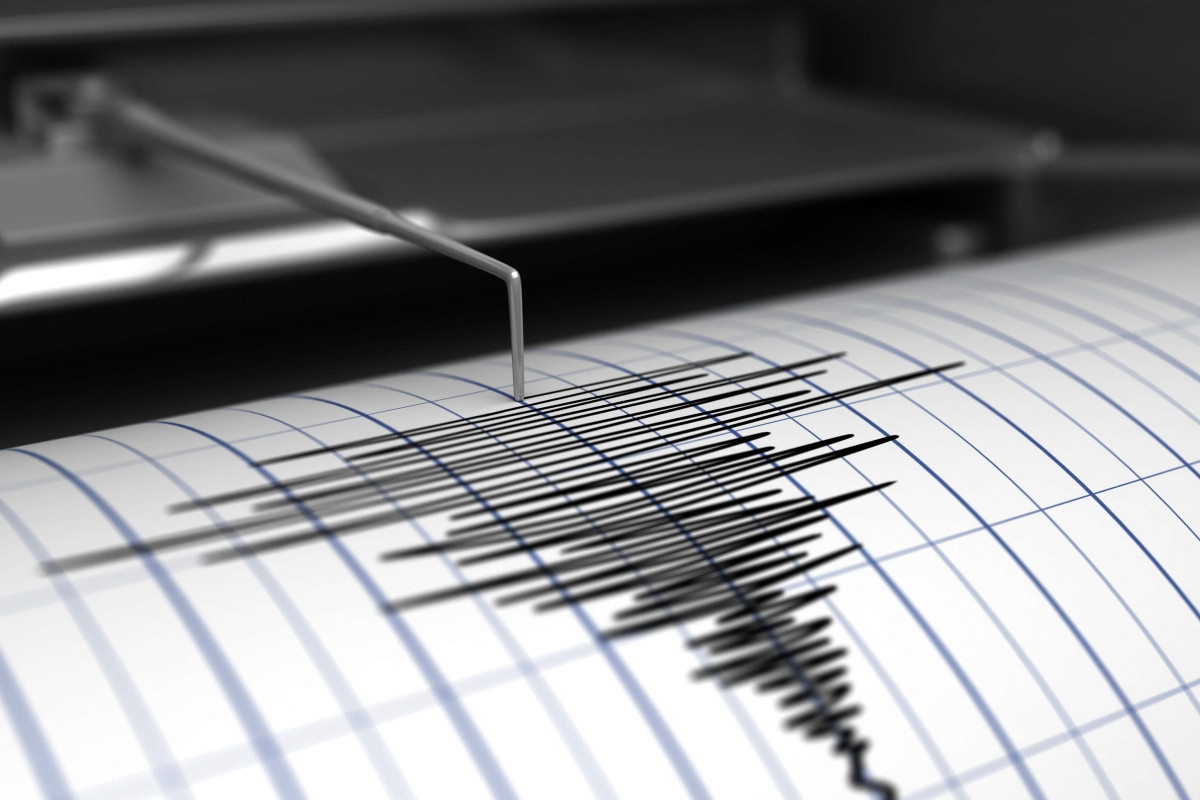 Türkiyədə baş vermiş zəlzələdə 200-ə yaxın insan yaralanıb, binalara ziyan dəyib
Türkiyədə baş vermiş zəlzələdə 200-ə yaxın insan yaralanıb, binalara ziyan dəyib
